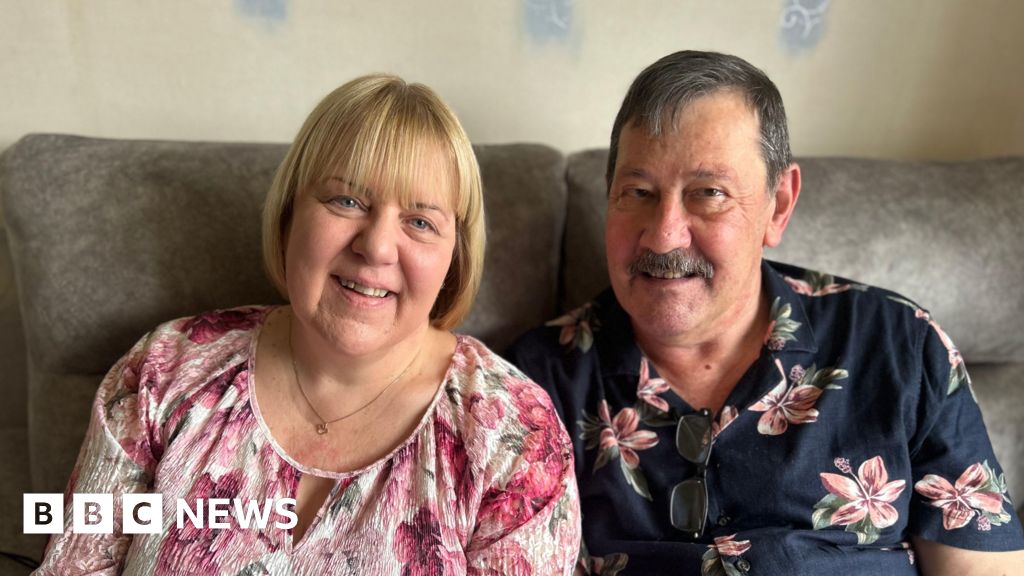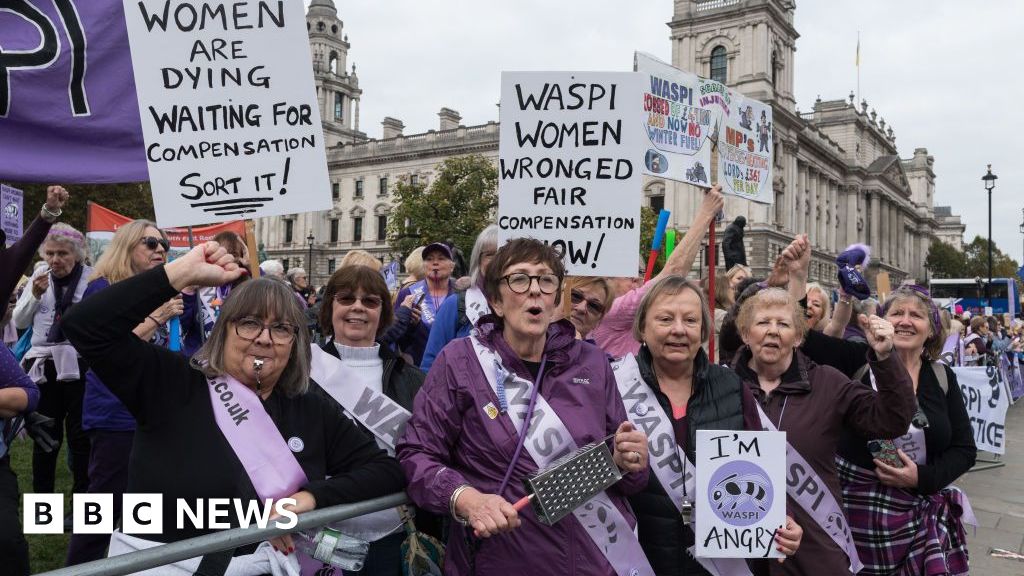The Princess of Wales is continuing to stay away from public events while she recovers after her cancer diagnosis.
A return to work was ruled out, as her early years foundation issued a report on businesses supporting families with young children.
"The princess is not expected to return to work until it's cleared by her medical team," said a Kensington Palace spokesman.
"Early childhood will continue to be central to her public work," he said.
The princess had been briefed on the report issued by the Royal Foundation Centre for Early Childhood, but was not present at the launch in the City of London.
"She has been kept up to date on the report," said a royal source, with calls for her privacy while she recovers still remaining in place.
The project's executive director, Christian Guy, said the princess was "excited" by the report and that the early years campaign was "rolling on as she recovers".
Catherine, Princess of Wales revealed in March that she was receiving treatment following a cancer diagnosis. That followed an announcement in January that the princess had undergone abdominal surgery.
It has meant that she has largely stayed out of public sight this year - with her news about her cancer diagnosis being revealed in a video message.
But she is said to have remained a "driving force" behind the Centre for Early Childhood, which is campaigning to highlight the importance of children's first years.
It has been described as her "life's work".
This latest report calls on businesses to invest in supporting families with young children, such as more flexible working hours or help with childcare.
Produced by business leaders from companies such as NatWest, Aviva, the Co-op, Unilever and Deloitte, the report claims that the UK economy could make long-term gains of £45.5bn per year from a more successful approach to children's early years.
The report claims that better early years education would eventually boost productivity in the workplace, more access to childcare would allow more parents back to work and more support would mean reducing the long-term costs of a neglected childhood, such as higher risks of ill-health and unemployment.
Emma Franklin, from Deloitte, which produced the business taskforce's report, said employers could help with cultural changes which would make it easier for workers with young children.
This could be something like not expecting staff to stay in touch on days off or not to expect replies early in the morning, before parents had dropped off children at childcare or nursery or school, said Ms Franklin.
She described it as "parenting out loud", where people were able to talk openly about the pressures of balancing parenthood with work.
Improving the experience of early childhood would have a "generational impact", she said, benefiting individuals and the economy.

 9 months ago
65
9 months ago
65









